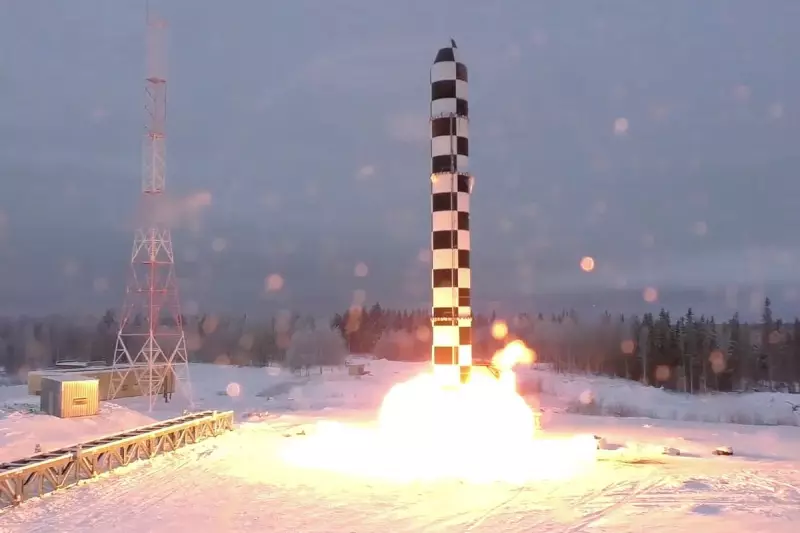
Russia has carried out another successful test launch of its advanced Burevestnik nuclear-powered cruise missile, according to recent reports that have sent ripples through international defence circles.
A Game-Changer in Missile Technology
The Burevestnik, known by NATO as the SSC-X-9 Skyfall, represents a significant leap in weapons technology with its nuclear propulsion system that theoretically grants it unlimited range. This latest test demonstrates Russia's continued commitment to developing next-generation strategic weapons despite international sanctions and diplomatic pressure.
Global Implications and Western Concerns
Defence analysts are particularly concerned about the Burevestnik's potential to evade traditional missile defence systems. Its low-altitude flight capability combined with virtually unlimited range could allow it to approach targets from unexpected directions, creating new challenges for global security architectures.
Western intelligence agencies have been closely monitoring the Burevestnik's development since President Vladimir Putin first revealed its existence in 2018, alongside other "invincible" weapons systems. The successful test comes at a time of heightened tensions between Russia and Western powers over multiple geopolitical flashpoints.
Technical Challenges and Breakthroughs
Previous tests of the nuclear-powered cruise missile have encountered difficulties, making this successful launch particularly noteworthy. The integration of a small nuclear reactor with cruise missile technology presents extraordinary engineering challenges that Russian scientists appear to be overcoming.
Military experts suggest that while the weapon system may still be years away from operational deployment, each successful test brings Moscow closer to achieving a strategic advantage that could alter the global balance of power.
International Response and Next Steps
The development comes as NATO members continue to debate their collective response to Russia's evolving military capabilities. Defence officials in Western capitals are likely to reassess their missile defence strategies and consider countermeasures against this new class of threat.
As Russia continues to advance its strategic weapons programme, the international community faces increasing pressure to address the implications for global security and nuclear non-proliferation efforts.





